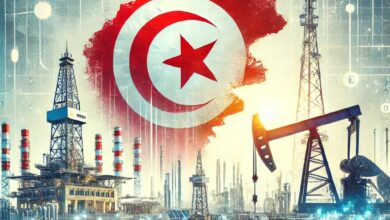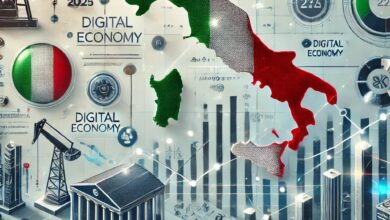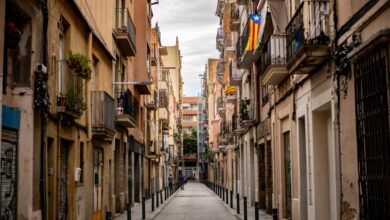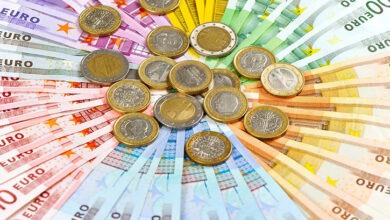The last battle for welfare
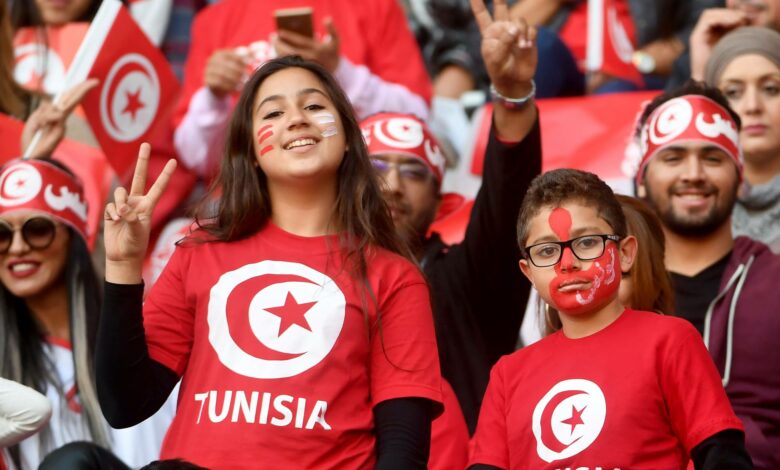
Tunisia’s announcement of the failure to reach an agreement with the International Monetary Fund (IMF) on a $1.9 billion bailout package leaves the country to its own means in its search for an exit from a strangling financial crisis and puts at stake a long outstanding tradition of social welfare in Africa and the MENA region.
Tunisian President Kais Saied announced 2 days ago that negotiations between Tunisia and the IMF have stalled, asserting Tunisia will not accept the “diktats” of the international monetary institution.
On this occasion, Saied suggested that instead of relying on foreign help, Tunisians should start working on their own. With “diktats” he referred to the IMF’s condition that Tunisia should cut its subsidies of basic goods and privatize certain State-owned institutions.
Though in decline for the last decade due to mismanagement, abuse, and lack of governance, Tunisian welfare has been the engine behind the modernization of the country. It has been behind all the achievements of the post-independence state that Tunisians take pride in. Tunisia’s high youth literacy rates go back to a strategic choice taken soon after independence to make education compulsory (until the 9th grade), free, and universal at all levels.
Besides education, healthcare was made free and universal in the post-independence state. Government subsidies of basic consumer goods saved many families from famine and destitution and allowed them to focus on more socially constructive purposes.
Tunisia championed women’s rights which allowed Tunisian women to join the labor market and contribute to the building of the modern state. In the academic year 2018-19, young Tunisian women made up 68.9% of the total number of university graduates and healthcare and education are dominated by women.
In the second half of the 20th century, this strategic choice allowed many people and families to climb the social ladder, which by 1980, expanded the size of the Tunisian middle class to 67,7 % of the general population, to 72,9 % in 1985, 76,9 % in 1995, and to 80 % in 2010.
History teaches that middle class revolutions are more sustainable- a fact the liberal theory hesitates to acknowledge due misgivings about state spending. Former President Zinelabedine Ben Ali branded his governments on their success to protect the middle class from depletion.
In a small country without huge natural resources and transparent elections, it was an achievement for the post-independence elite to remain in power for half a century until what came to be called “the Tunisian Revolution” in 2011.
This was the case of the Parti Destourien (later converted into The Democratic Constitutional Rally (RCD)), the party founded by Tunisia’s first president Habib Bourguiba, and this longevity is attributable to the strategic choice of forging an alliance with the middle class in a cold war context where the world was divided among those who capitalized on an alliance with the working classes and those who turned towards the richer ones instead.
Now, a decade after a revolution hailed by the West as one for democracy, decried by large sectors of the Tunisian society as a setback in the path of development, the Tunisian middle class is depleted and welfare is gasping under the effect of inflation, liquidity shortage, low growth rates, growing sovereign debt, and improvised fiscal and monetary policies.
Liberalism, which was embraced in the 1980s in hope of reforming the economy, has been counterproductive as the state failed in the liberal transition and found itself caught in a one-way road that differs from the Socialist one taken in 1961, which was abolished soon after it was launched.
President Saied acknowledged the heavy burden that subsidies of basic goods are putting on the shoulder of the State and that these subsidies sometimes go to people who do not need them but grounded Tunisia’s rejection of the conditions of the IMF on the conclusion that the latter’s proposed reforms will exacerbate poverty.
Holding tight to welfare leaves Tunisia with few alternatives to the IMF’s bailout, which heightens the existent risk of insolvency. The country’s public debt peaked at TND 109.6 in last June, thus accounting for almost 80% of the country’s GDP. In February, budget deficit rose by 12% despite government attempts to avoid this scenario.
One of the approaches the government has adopted is borrowing from banks, yet this is starting to take its toll on these banks’ capacity for bumping liquidity into the markets. The Tunisian central bank has also done its part of balancing the market through liquidity and controlling interest rates.
Interfering on IFM radio, former foreign minister Mongi Hamdi said the assistance accorded by the EU to the North African country is minimal, which according to him, attests to unwillingness to help Tunisia in the manner Greece was bailed out in 2016, though Tunis is closer to Paris than Athens, he said.
Coming at a time of political tension between Tunis and some Western capitals, the IMF’s mounting tone is raising doubts on the politicization of the financial market, especially after the World Bank announced in March 2023 the suspension of partnership with Tunisia after President Saied voiced concern on unregulated massive Sub-Saharan immigration in Tunisia.
Speaking on Shems FM radio, Abid Briki, a leftist leader said the U.S. controls the IMF at a time where it is losing prestige and influence. It would be silly not to exploit this situation, he said.
Holding tight to welfare in its current shape will lead nowhere. Corruption, bureaucracy, and mismanagement have been the main diseases eating up the Tunisian welfare state. So far, no serious measures have been taken treat them. In a country teeming with technocrats- a country that takes much pride in its human capital- technocracy has left the stage for politics and political talk. This contradiction invites another one between Tunisia’s self-branding as a nation of skilled engineers and the slow pace of digitization.
Dreaming of a reformed and revised welfare starts with setting the economy into motion. The state does not have the skill for patronizing the economy, though many in the current ruling elite think the opposite. The state rather needs to create an environment conducive to micro, small, and middle entrepreneurship. It needs to modernize its archaic tourism sector and to allow young entrepreneurs with innovative ideas to integrate it. In this, many laws that hinder
private entrepreneurship need to be reformed. Big money needs to be left to foreign investment that needs to be lured into North Africa which has all the geographic attributes to make seduction game an easy task.
Tunisian welfare has endured the different economic transitions the country has gone through since independence from state-run capitalism, to socialism, and then to Liberalism. Now, that the IMF is pushing for more liberalism after a decade mismanagement, Tunisian welfare faces its darkest hour and stands at crossroads. Tunisia should either convince the IMF of a bailout package that spares its welfare or look for other sources of financing its economic take-off. Relying solely on the Tunisian workforce, as President Saied suggested, is not convincing.

